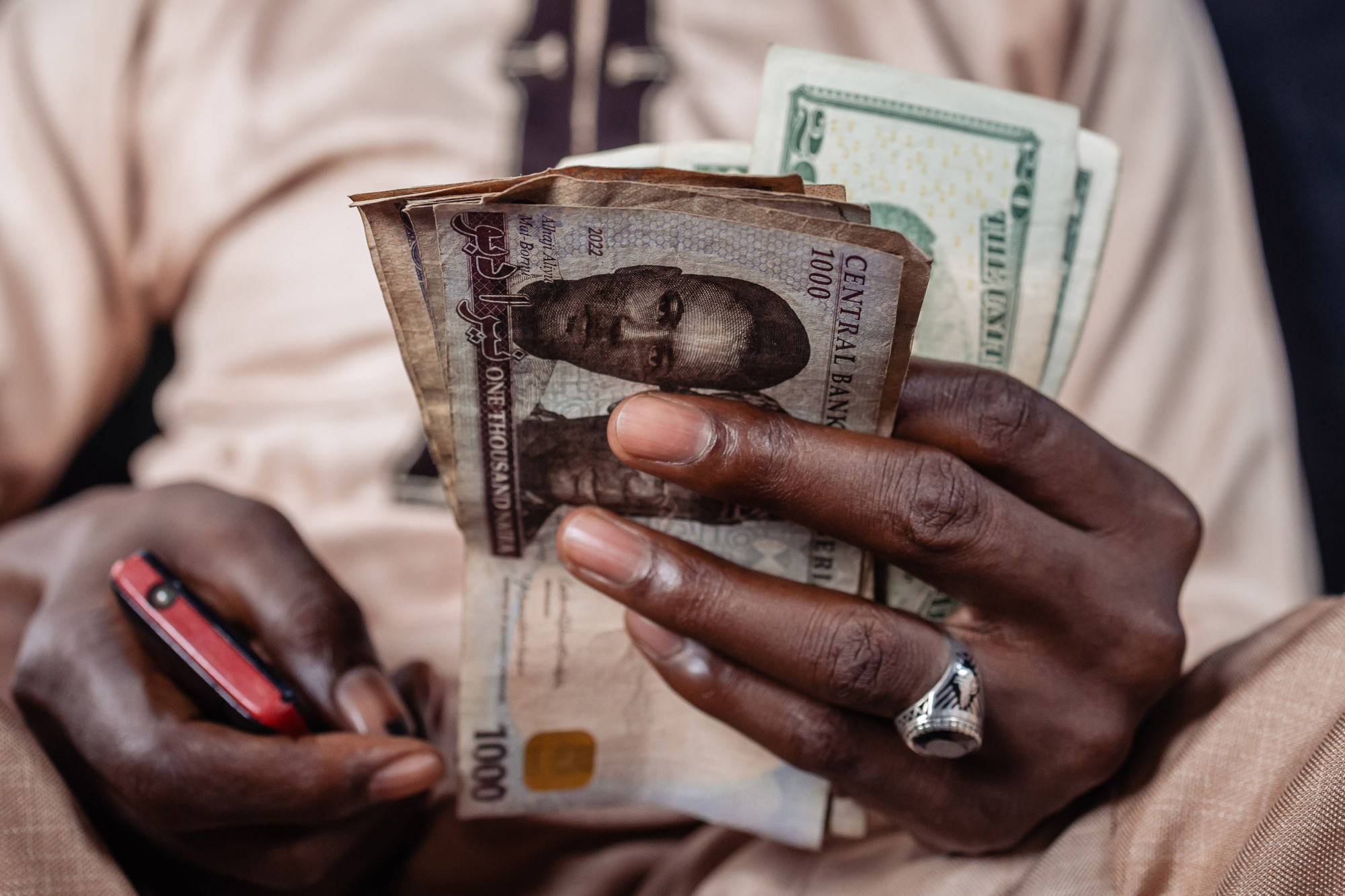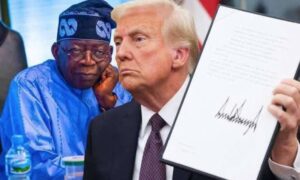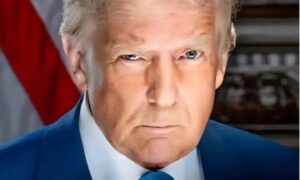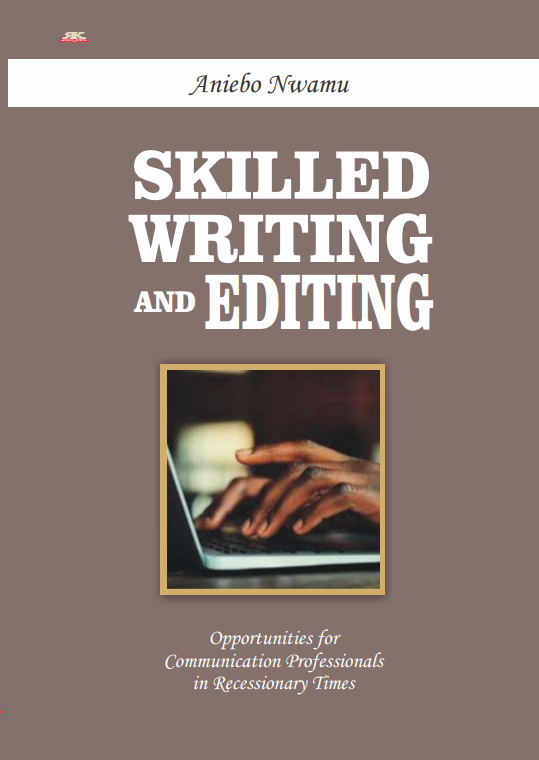By Financial Times/London
In the nearly 15 months since Bola Tinubu became president, he has forced his 220mn fellow Nigerians to swallow some bitter medicine. He removed a generous fuel subsidy, one of the few benefits citizens receive from their inefficient and corrupt state. He allowed the country’s currency, the naira, to enter free fall, fuelling imported inflation and triggering the worst cost of living crisis in a generation.
These measures have pushed tens of millions of already impoverished people deeper into misery. But they were necessary to begin correcting the country’s long-term economic demise. The fuel subsidy was ruinously expensive, guzzling nearly a third of the federal budget. It was also distortionary, channelling Nigerians’ energies into rentseeking, smuggling and graft. The exchange rate regime, which vastly overvalued the naira, wiped out exports of everything but oil. While genuine industries were starved of hard currency, cronies accessed cheap dollars to sell on the black market. Nigeria’s elite learnt a lesson that was toxic to the nation’s prospects: why produce anything when you can make a killing through arbitrage?
Moving to more orthodox policies is vital to reset an economy that has not grown in per capita terms for a decade and where one of the most lucrative industries has been kidnapping. It is necessary, but insufficient. “Tinubunomics” is so disjointed it barely deserves the name. Shock therapy will probably fail if important adjustments are not made.
First, the president must chart a course ahead and convince Nigerians they are in it together. For that to be remotely credible, the political class must make sacrifices. Out must go lavish pay rises for civil servants and flashy cars (not to mention jets) for government officials. Tinubu only has to look at Kenya, where violent street demonstrations have forced the government to withdraw tax rises, to see what happens when a sense of injustice festers.
Likewise some savings from the fuel subsidy should be redeployed to support the most economically vulnerable as a priority. Hunger levels are soaring and millions of children are forgoing meals and school. Nigerian politicians love to be seen handing out bags of rice. But what is needed is direct cash payments to people’s phones, the technology for which exists, and in the longer term a proper safety net.
As things stand, the state lacks either the capacity or the probity to administer such a scheme. Tinubu needs to fix that urgently. With a few exceptions, his cabinet is full of lightweights who owe their jobs to political patronage, not to expertise. Technocratic talent exists in abundance. It must be marshalled.
Corruption needs to be tackled. It does not help that Tinubu’s own vast wealth is not easy to decipher, nor that his poverty minister was suspended for alleged diversion of funds, something she denies. It does not help either that the state is implicated in the wholesale theft of oil, depriving the nation’s coffers of billions of dollars. Tinubu should use all his political guile to staunch the flow.
Some will argue that Nigeria’s state is so weak all Tinubu can do is remove its influence and retreat. Nigeria collects tax worth about 10 per cent of gross domestic product, one of the lowest rates in the world. That is a sure sign of how little trust exists between the government and the governed. But if the economy is to be revived, the state needs to be an enabler. It must provide power, roads, security and justice, not to mention schools, hospitals and support for the poorest in society. Without a joined-up and articulated plan, Tinubu’s bitter medicine will not cure Nigeria’s ills. It will just leave a bad taste.



















